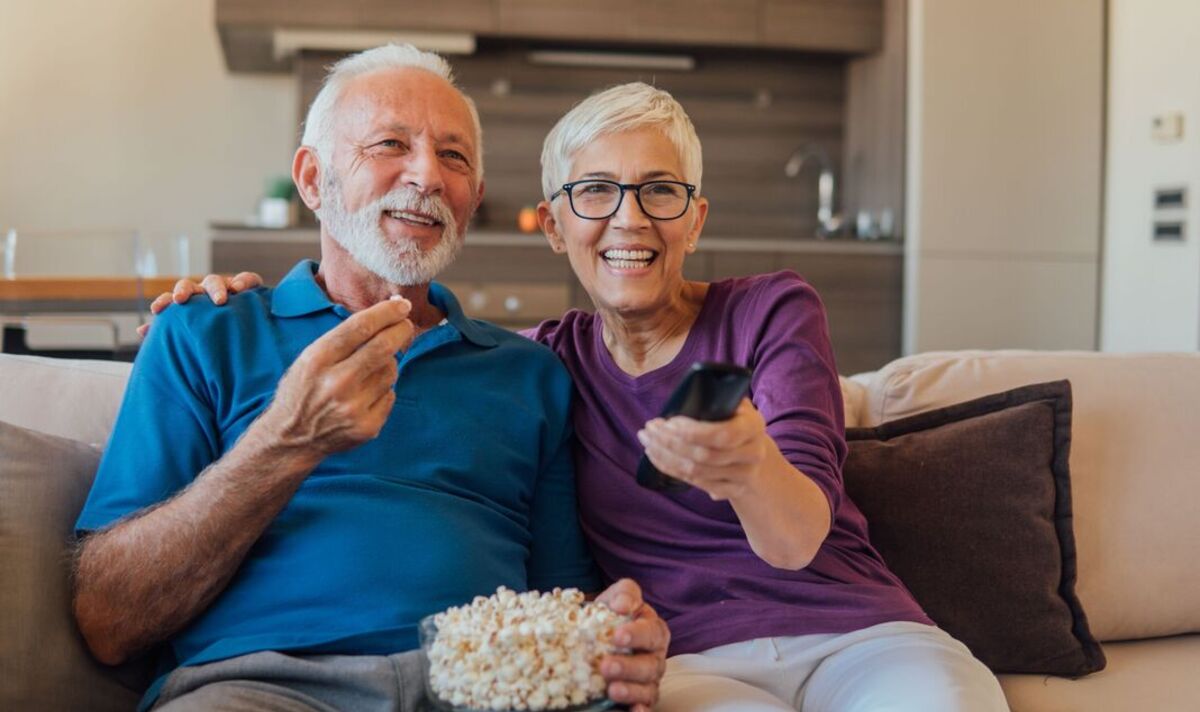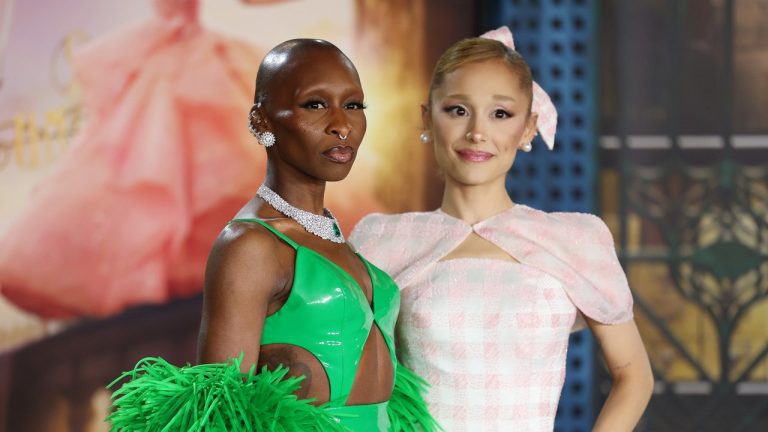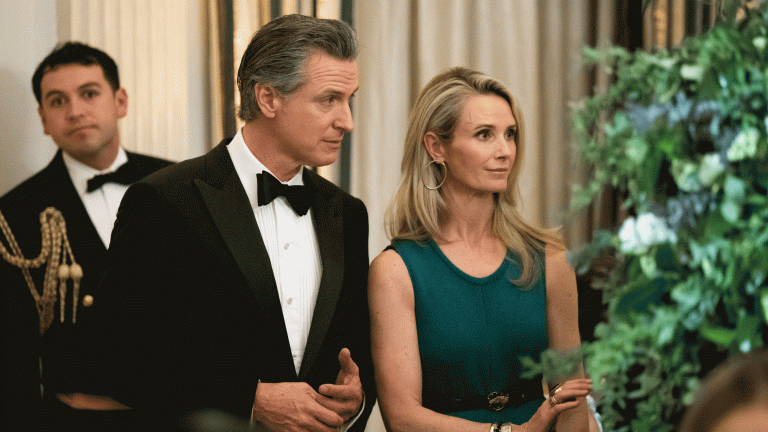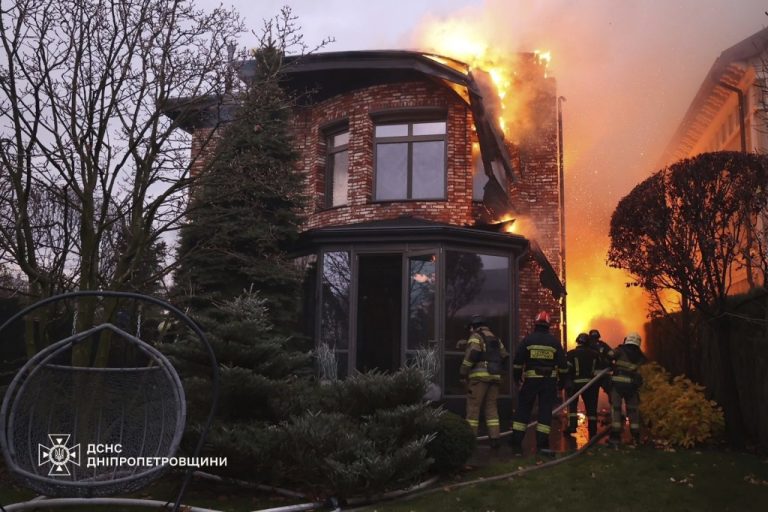
While living costs remain high, Britons are being urged to check if they’re claiming all of the financial support they’re eligible for – and the TV licence is one are certain groups can make a saving.
Currently priced at £159 a year, TV licence costs can add sizeable pressure to household finances depending on how it’s paid.
It’s a legal requirement that households own one if they watch live TV. This includes all programmes on any channel and the same rules apply to those who watch live TV from a laptop, PC, tablet, or phone.
A licence is also needed if a household downloads or watches programmes broadcast on BBC iPlayer – live, catch up, or on demand. Failing to pay for a TV licence when it’s needed is a criminal offence and fines vary from hundreds to thousands depending on location.
However, if conditions are met, people can claim discounts ranging from 50 percent to 100 percent, which can help make a significant saving.
READ MORE: Premium Bonds holder wins £50,000 on Bonds they purchased in 1970s
These discounts are available to people who are severely blind, aged over 75 years old that receive Pension Credit, as well as those who reside in care homes. The amount of discount a person receives depends on which group the person falls into.
Who is entitled to a 50 percent discount?
People can claim a blind concession TV licence if they are blind (severely sight impaired), or live with someone who is blind.
The blind concession licence reduces the annual fee from £159 to £79.50 for a colour TV licence and £26.75 for a black and white TV licence.
To claim, people must provide at least one of the following documents to confirm they are certified as blind:
- A CVI (Certificate of Visual Impairment)
- A BD8 Certificate
- A certificate or document issued by a local authority that shows they are registered as blind (severely sight impaired)
- A copy of a certificate from an ophthalmologist (eye surgeon), stating that they are blind (severely sight impaired).
People who live with someone who is blind and already has a TV licence will have to transfer the licence into the name of the person who is blind, in order to claim.
However, those who are partially sight impaired will not qualify for a discount.
Who is entitled to a free TV licence?
TV licence holders who are 75 years or older and they, or their partner living at the same address, receive Pension Credit, could be entitled to a full discount on the price.
Pension Credit is a benefit that tops up the state pension for people on a low income to at least £201.05 per week for single people and £306.85 for couples. Savings Credit now pays up to £15.94 extra per week for single people or £17.84 per week for couples.
People who are 75 or over and live in a residential care home may be covered by an ARC (Accommodation for Residential Care) TV licence and also won’t have to pay for a licence – even if they don’t receive Pension Credit. TV Licencing advises people to speak to their care home administrator to find out.
When do people not need a TV licence?
People will not need a licence if they only ever watch catch-up TV (not including BBC) or streaming services like Netflix or Disney+.
Therefore, even if people are not eligible for a discounted licence, they could make a saving by cancelling theirs if they never watch – and don’t have access to – live TV or BBC iplayer.
How to cancel a TV licence
People who need to cancel their TV licence can do so by filling out a cancellation request form.
Tv Licensing may then pay a visit to check if the household is correct to have cancelled – it says these inspections find one in five households do end up needing one.







